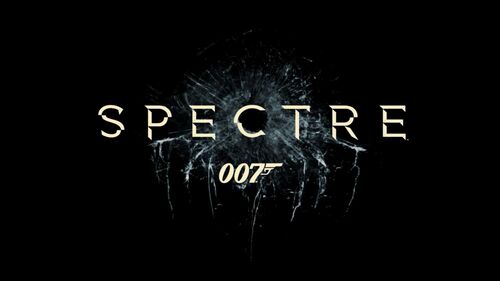
Gone Girl
 David Fincher’s latest presentation has quickly become the most controversial and divisive film of the year so far, amid protests of sexism, inconceivability and downright muddledness. But there’s more to it than that.
David Fincher’s latest presentation has quickly become the most controversial and divisive film of the year so far, amid protests of sexism, inconceivability and downright muddledness. But there’s more to it than that.
When Amy Dunne (Rosamund Pike) gets gone, the ensuing media circus and finger pointing gets going, with husband Nick (Ben Affleck) quickly labelled prime suspect and public enemy number one – his every action and inflection picked apart by the media. But all is not, as you might have guessed, as it seems.
As the search continues, flashbacks fill us in on Nick and Amy’s history. As it goes on, the plot makes a number of crazy ivans that challenge every notion made by the viewer so far; so as the public quickly adapt to the most compelling narrative being expressed by a twisted modern media, you the viewer are never quite sure who to root for.
Amy is quickly commoditized, repacked and repurposed as needed by those primed to benefit from the media event, including Amy’s parents, who cynically seize an opportunity to capitalize on the free press for their series of children’s books based on Amy’s life.
Outside of issues like media integrity, we get to explore the concept of narrative and the power of a good story over ‘truth’. It explores ideas of identity and how we decide who we are, how public perception is shaped and how public perception shapes everything.
Screenwritten by the original scribe, Gillian Flynn, the adaption from page to screen seems to have gone well. Rosamund Pike commands a compelling, diverse performance while somehow maintaining an unreadable quality that serves her character's agenda. Affleck digs deep to ooze more smarm than he’s ever mustered before, to great effect. Support comes from Tyler Perry, Neil Patrick Harris, Carrie Coon and Kim Dickens, all with their ducks in a row on this one.
Like Amy, the film is a trojan horse. It’s a complex, side-winding cultural commentary packaged as a missing-person procedural. Much of its criticism, I’m sure, stems from a failure to grasp why it does the unexpected when it looks like a straightforward neo-noir. But that’s the point. Like Nick Dunne, it doesn’t behave like it’s supposed to, so it’s accused and berated for the audacity to trample over well-worn tropes.
As for its realism, it exists alongside the same hyper-real worlds as seen in some of Fincher’s other works, namely Se7en, Fight Club and The Game. No-one missed realism in those films.
As for sexism, decide for yourself, because point-of-view is everything here. But I doubt you’ll find Amy representative of ladykind. Don’t watch it with your partner, you have been warned.
Find more of our content at www.podestrians.net.
We produce a weekly filmcast. Subscribe on iTunes at:
https://itunes.apple.com/gb/podcast/podestrians-podcast/id920231768?mt=2


